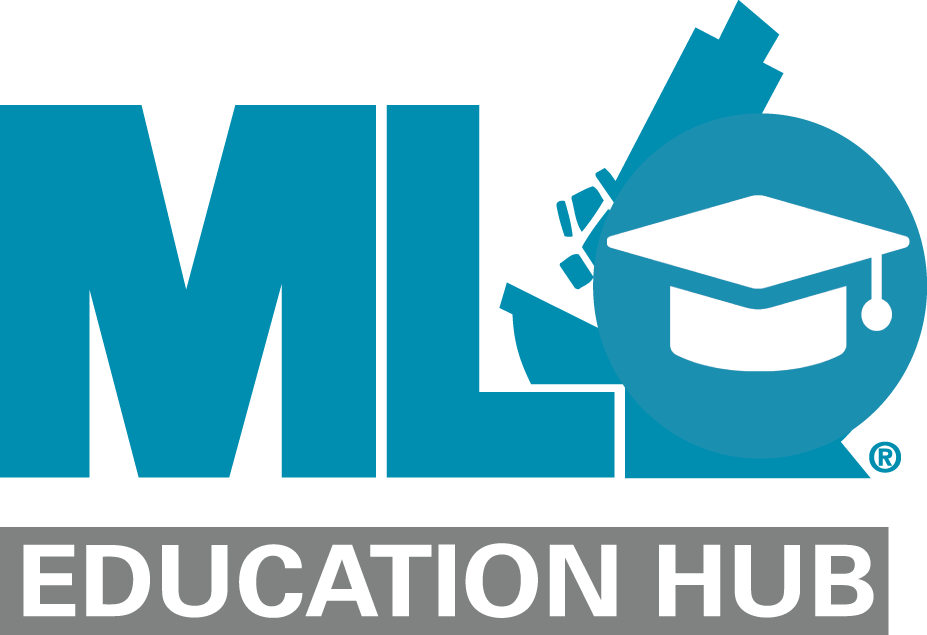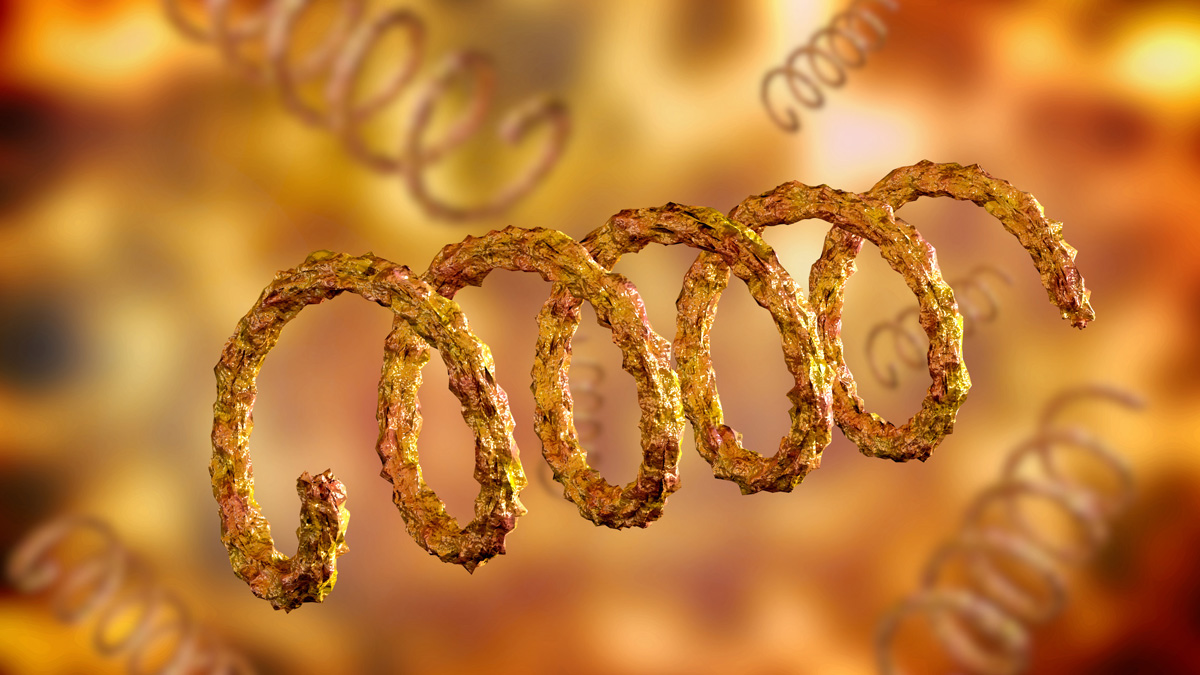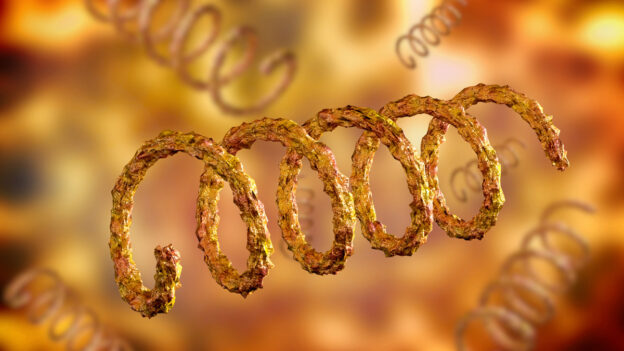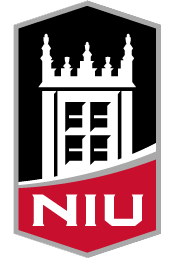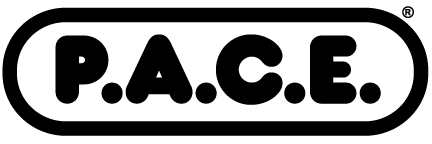By Jeanne Rhea-McManus, PhD, MBA, DABCC, NRCC and Jim Aguanno, PhD
LEARNING OBJECTIVES
Upon completion of this article, the reader will be able to:
- Discuss healthcare statistics and the causative agent of syphilis.
- Describe the different stages of syphilis.
- Describe detection methods and types of assays for syphilis and their limitations.
- Discuss the algorithms used in the diagnosis of syphilis and their limitations.
About the Authors
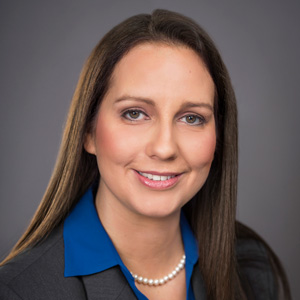
Jeanne Rhea-McManus, PhD, MBA, DABCC, NRCC has been with Siemens Healthineers for eight years, previously as a Medical Officer and currently as the Senior Director of Medical Science Information and Communication.
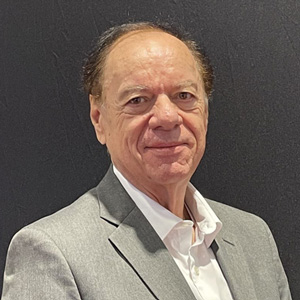
Jim Aguanno, PhD has over 40 years of experience in laboratory medicine. He received a BS in Chemistry and a PhD in Biochemistry from Memphis State University. Following his PhD, he did two post-doctoral fellowships: one at the University of Pittsburgh School of Medicine in Biochemistry and a second fellowship in Laboratory Medicine at Washington University School of Medicine and Barnes Hospital in St. Louis, Missouri. Dr. Aguanno is currently Senior Clinical Consultant in the Medical and Scientific Affairs group at Siemens Healthineers.
Photo credit: Gilnature | iStockGettyImagesPlus
